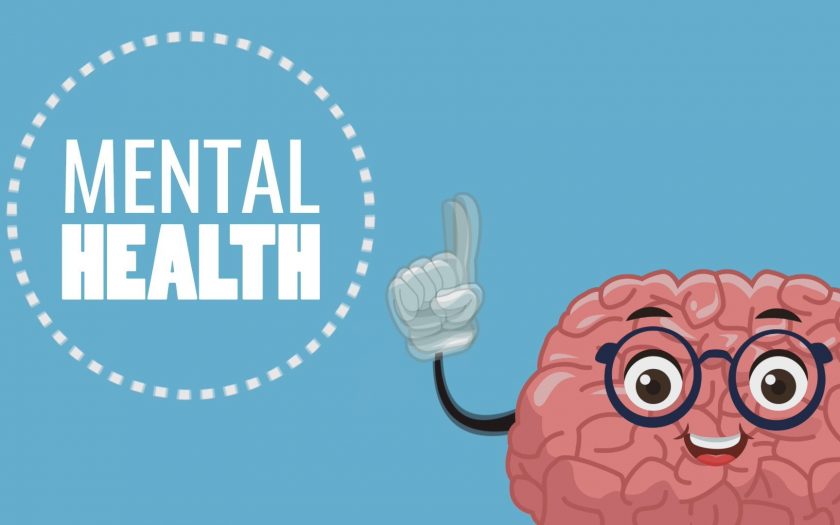What is mental health?
Mental health is a state of the body in which a person can work productively, cope with ordinary stressful situations, develop themselves, realize their life potential, add positivity to the family and society. Understand your emotional state, manage it, as well as interact with others, develop healthy relationships with them.
As you can see, mental health provides self-awareness and is the key to a successful life and all the best we can do.
Healthy condition
Symptoms of a person with stable mental health:
- Personal independence. You make your own decisions based on your own desires and experience, you are personally responsible for your own actions.
- Positive attitude towards yourself. Accepting oneself with awareness of one’s own physical and psychological properties. Adequate self-esteem. Lack of habit of criticizing others.
- Ability to manage one’s own behavior in accordance with social norms.
- Stress resistance. The ability to not despair and easily relieve stress after a stressful situation.
- Ability to use critical thinking.
- Adaptability. The ability to change your own behavior when changing life situations, to be calm under any circumstances.
Being mentally healthy means performing tasks in any area of life: at home, at work, on vacation. After all, a person who is in harmony with himself will be able to organize a comfortable life.
Unhealthy condition
Of course, calm behavior and prudence in a stressful situation is considered an indicator of stable mental health. But naturally, causes such as chronic illness, personal and family problems, and long-term stress destroy mental health. They manifest themselves in different ways: a person has a bad mood, low self-esteem, neurosis.
It is important to understand that to feel such emotions is quite normal, not all unpleasant sensations may be symptoms of the disease. But when unpleasant feelings such as apathy, misunderstanding, fear, anxiety, insomnia, etc. last more than two weeks and interfere with peaceful life, then stress has a negative impact and you need to consult a specialist:
- Psychologist: if you can not cope with life’s problems and understand your own feelings, there are no clinical manifestations.
- Psychotherapist: when there are long-term post-stress physical sensations: headache, insomnia, arrhythmia, high blood pressure. Own psychological resources are not enough to cope with the problem on their own.
- Psychiatrist: if there is a fear of being in the subway, going outside, there are panic attacks, suicidal thoughts, aggression, hallucinations, inadequate ideas. Also, if necessary, your doctor will prescribe antidepressants (such as Apo-Moclobemide or Arrow-Amitriptyline). This will help to get rid of the symptoms quickly.

